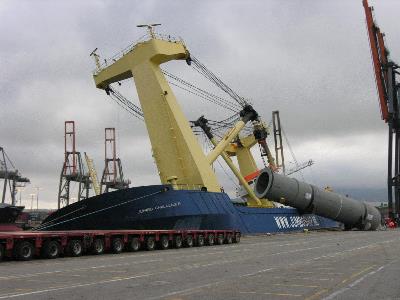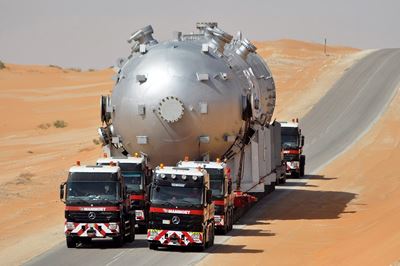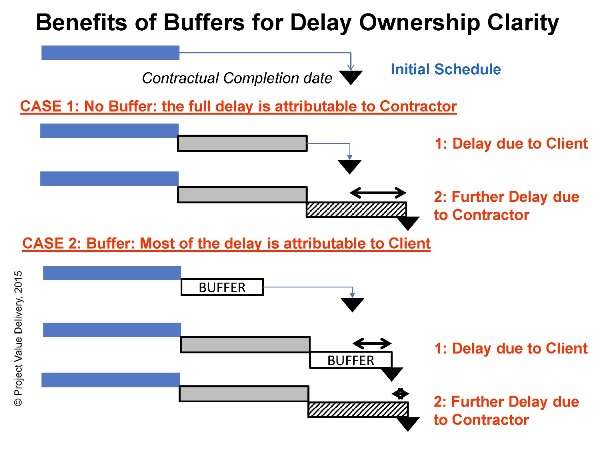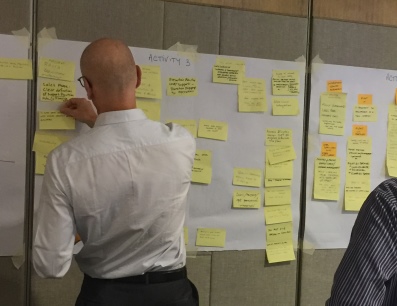How to Check the Project Team Health, and Why the Role of the Project Control Manager is Essential
The key success factor in any Large and Complex Project lies in the health of the Project Team. The ability to really work effectively as a team is essential, as well as the ability to avoid blame – in particular when things do not develop as expected. The Project Control Manager is often the key person to implement a Project Team Health monitoring. In our new White Paper 2017-07 ‘How to Check the Project Team Health And Why the Role of the Project Control Manager is Essential in that Respect’ we give a framework to check the Project Team Health.
 The success of Project execution is very much related to the health of the Project Management Team as a team. Essentials include:
The success of Project execution is very much related to the health of the Project Management Team as a team. Essentials include:
- The effectiveness of the team in coordinating their priorities and efforts (including meetings),
- The capability for team members to compensate the weaknesses of others and go out of their way to support the Project in critical moments,
- The capability for open debate before decision-making, and a clear execution discipline after decision-making,
- Consistent behavior on important values such as quality and safety,
- A strict no-blame structure even when things do not work out as expected,
- At the same time, the capability to take immediately action directly and to the point, without blame, when people do deviate from the expected norm of behavior or from the established values. This will reinforce progressively values and behavioral norms.
Because at the end of the day, a Project is a human adventure (refer to our White Paper 2013-01 Projects are First of All a Human Adventure: Why You Can’t Manufacture Projects on a Standardized Assembly Line’, it is on the team health aspect that a Project will or not be successful. For a Project Control Manager, being a ‘trusted advisor’ to the Project Manager also requires to be able to seize the subtleties of Soft Power and help shape a winning Project team.
Apprehension of the cultural issues at stake, the ability to conduct effective workshops, monitoring the Project team’s health and acting in case of an issue, are essential capabilities of the successful Project Control Manager.
Related read: our White Paper 2013-14 ‘How a Diverse, Effective Team is the Only Way to Overcome Complexity’
If you can’t access the links to the white papers, copy and paste the following link in your browser: http://www.projectvaluedelivery.com/_library/2017-07_Project_Team_Health_v0.pdf and http://www.projectvaluedelivery.com/_library/2013-14_Overcome_Complexity_Team_v0.pdf
Find all these principles of Practical Project Control exposed in a comprehensive manner in our new Handbook, 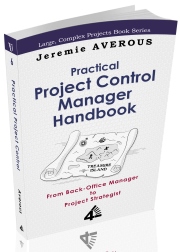 Practical Project Control Manager Handbook (now published – click on the link to see it on Amazon!)
Practical Project Control Manager Handbook (now published – click on the link to see it on Amazon!)


